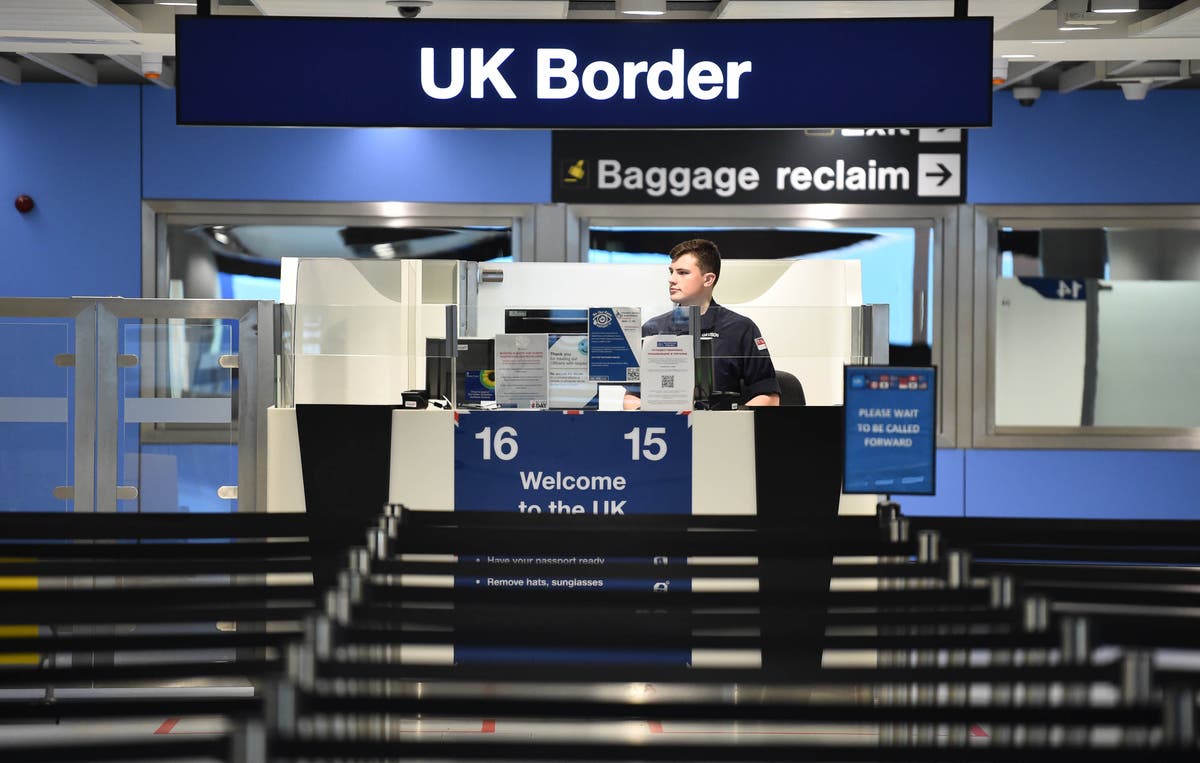Millions of individuals residing in the UK will need to switch to digital immigration records as the Home Office phases out physical documents. Beginning January 1, 2025, foreign nationals will use online records to verify their status for travel, employment, and housing purposes. This transition raises concerns among rights advocates about potential system glitches, despite government assurances of a smooth rollout and a grace period for expired documents.
The Home Office is shifting from physical visas to a digital system, with most government-issued documents confirming immigration status expiring at the end of December 2024. Individuals will then need to access their eVisa through a government portal, utilizing share codes to prove their status to third parties. Travel providers will automatically access passenger immigration status through linked digital records.
As Dr. Kuba Jablonowski from the University of Bristol explains, this is not simply a switch, but rather a replacement. Like transitioning from physical music media to streaming, access is entirely dependent on the digital infrastructure. If the digital system fails, access to the information on their immigration status would cease.
Travel procedures will change with airlines, ferry, and train operators relying on automated status checks. Travelers are required to connect travel documents to their UK Visas and Immigration account. The system will also allow travel providers to utilize the "View and Prove" website to double check the passenger immigration status.
While approximately 3.1 million individuals had already transitioned to eVisas by early December, it is estimated that over four million people need to make the switch. The government has yet to state an exact number of how many people this transition will effect and has offered a grace period, extending the use of physical documents until March 31, 2025, to facilitate a smoother transition and address system concerns.
However, refugee organizations and experts are concerned about potential complications, citing past database issues. Previously, the Home Office has struggled with inaccurate records, including the merging of identities. Additionally, many who have applied for visa extensions but have not yet received them will struggle with a lack of documentation to prove their right to stay in the UK.
Nick Beales of Ramfel, a refugee charity, has warned about the impact this transition will have on individuals unable to prove their status. Concerns persist that a lack of awareness, system errors and personnel that are not up-to-speed could lead to friction and problems for affected individuals. Dr. Jablonowski warns of issues for both those who haven't made the switch and those who have, and noted that personnel at the borders might not be aware of the new policies which could cause unnecessary issues.







